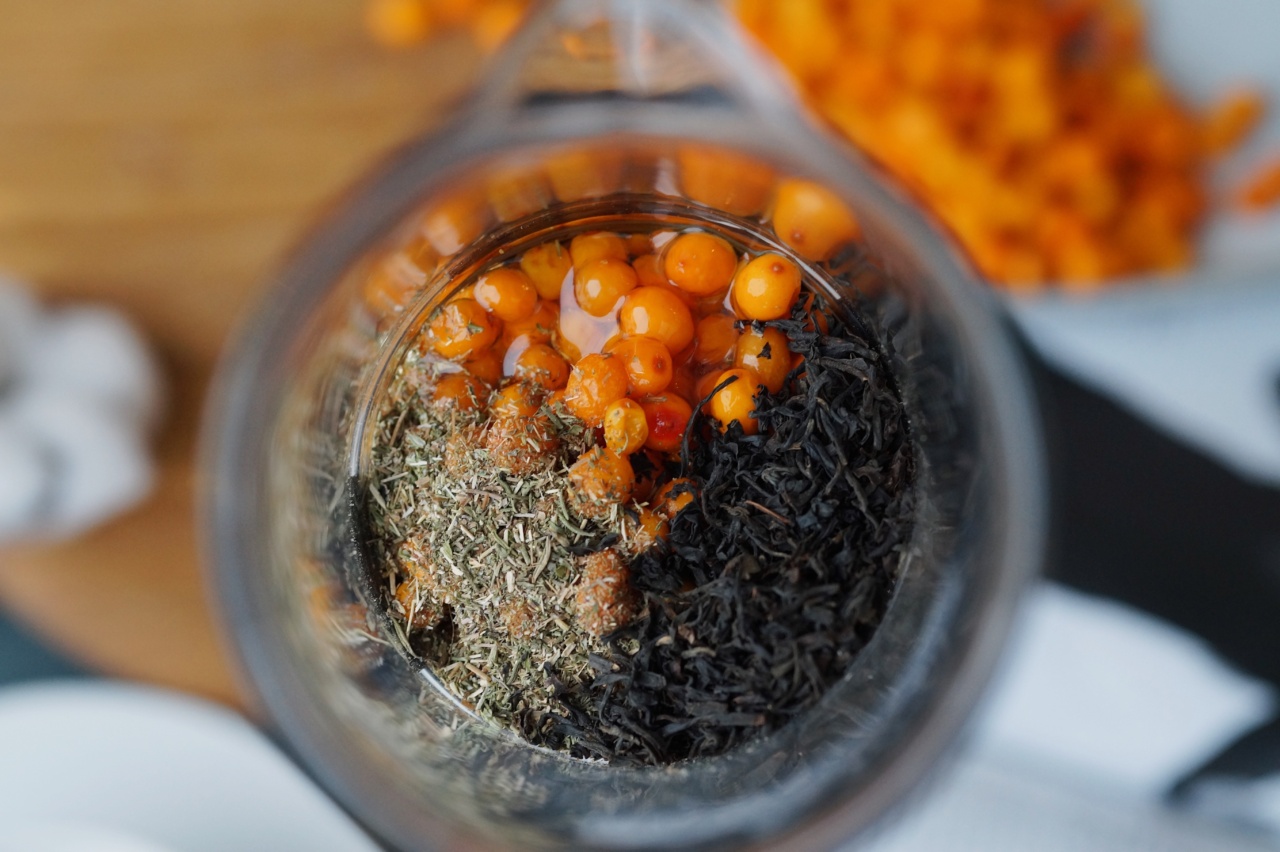Oily skin can be a nightmare for those who have it. It not only makes the skin look shiny but also leads to breakouts, acne, and clogged pores. One of the best ways to manage oily skin is by choosing skincare products with the right ingredients.
However, it’s equally important to avoid certain ingredients that can make oily skin worse. Here’s a list of ingredients that you should avoid if you have oily skin.
1. Mineral Oil
Mineral oil is a popular ingredient in many skincare products, including moisturizers, cleansers, and makeup removers. However, it’s best to avoid this ingredient if you have oily skin.
Why? Mineral oil is a heavy and pore-clogging ingredient that can trap dirt and bacteria in the pores, leading to breakouts and acne.
2. Isopropyl Myristate
Isopropyl Myristate is commonly used in skincare products as a thickening agent and to enhance the texture of the product. However, it can cause the skin to produce more sebum, which can make oily skin worse.
Studies have shown that the regular use of products containing Isopropyl Myristate can lead to clogged pores, breakouts, and acne.
3. Lanolin
Lanolin is derived from sheep’s wool and is used in many skincare products as a moisturizer. But this product can be problematic for people with oily skin. Lanolin is a heavy ingredient that can clog pores and lead to breakouts and acne.
If you have oily skin, it’s best to choose products that are labeled oil-free and non-comedogenic.
4. Petrolatum
Petrolatum is a common ingredient found in many skincare products, including moisturizers, lip balms, and ointments. While it’s an effective moisturizer, it can clog pores and cause breakouts on oily skin.
If you’re looking for a moisturizer that won’t clog pores, look for one that’s labeled non-comedogenic.
5. Sodium Lauryl Sulfate (SLS)
Sodium Lauryl Sulfate (SLS) is a surfactant that’s commonly used in skincare products as a foaming agent. It’s often found in cleansers, shampoos, and body washes.
But SLS can strip the skin of its natural oils, leading to overproduction of sebum. This can make oily skin worse. If you have oily skin, look for products that are SLS-free.
6. Alcohol
Alcohol is often used in skincare products as a solvent and preservative. But it can be drying and irritating to the skin, especially if you have oily skin.
If you’re looking for a toner or astringent to control oil and shine, look for one that’s alcohol-free.
7. Synthetic Fragrances
Synthetic fragrances are often added to skincare products, including moisturizers, cleansers, and toners. But these fragrances can irritate the skin and cause inflammation. For people with oily skin, this can lead to even more oil production.
If you’re looking for a scented product, look for one that uses natural essential oils instead of synthetic fragrances.
8. Silicones
Silicones are often used in skincare products to provide a silky smooth finish. They can make the skin look and feel softer and smoother. However, silicones can also clog pores and lead to breakouts and acne in people with oily skin.
If you’re looking for a primer or foundation with a silky finish, look for one that’s labeled oil-free and non-comedogenic.
9. Coconut Oil
Coconut oil is often promoted as a natural remedy for dry, irritated, and acne-prone skin. But for people with oily skin, it can be problematic. Coconut oil is a heavy and pore-clogging ingredient that can make oily skin worse.
If you’re looking for a natural oil to moisturize your skin, consider using jojoba oil or grapeseed oil instead.
10. Heavy Emollients
Heavy emollients, like shea butter and cocoa butter, can be great for dry skin. But for people with oily skin, they can be too heavy and pore-clogging.
If you’re looking for a moisturizer for oily skin, look for one that’s lightweight and oil-free.
Conclusion
When it comes to managing oily skin, choosing the right skincare products is crucial.
To avoid making oily skin worse, it’s important to avoid certain ingredients, like mineral oil, isopropyl myristate, lanolin, petrolatum, SLS, alcohol, synthetic fragrances, silicones, coconut oil, and heavy emollients. By choosing oil-free and non-comedogenic products, you can keep your oily skin under control and enjoy a healthy and radiant complexion.






























